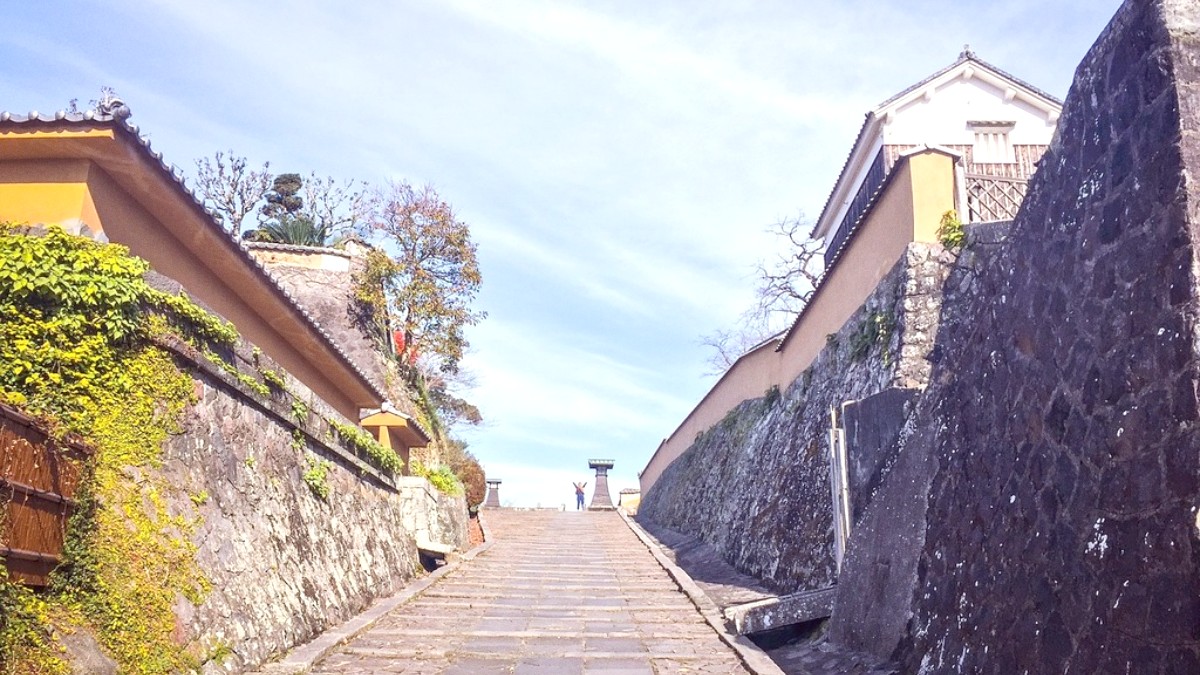
Kyushu, Japan
Preserves unique volcanic landscapes, flora, fauna, and traditional grasslands. Support responsible tourism within these designated areas.
Protects coastal and marine ecosystems of the Amakusa Islands. Practice responsible tourism by not littering and respecting marine habitats.
Kumamoto City's clean and abundant groundwater is a main water source. Local initiatives focus on protecting this precious resource.
Mindful environmental practices preserve Kumamoto's natural beauty for future generations.
Japan implements a rigorous waste separation system. Public trash bins are rare. Carry a small bag for your trash until you locate a suitable bin, often at convenience stores, train stations, or your accommodation.
Consider supporting reputable carbon offset programs for your international flights. These programs invest in projects that reduce greenhouse gas emissions.
Choose tour operators promoting sustainable practices. This means operators who respect local environments, minimize impact, and actively support local communities.
Support conservation organizations with a store.
Purchase local crafts and products directly from artisans or small, independent shops rather than large chain stores.
Opt for handmade goods and products with clear origins, demonstrating support for local craftsmanship.
Kumamoto's clean environment is a point of pride. Your responsible waste management and thoughtful resource use contribute positively to its preservation.
Cultural sensitivity shapes your interactions with locals positively, enriching both your experience and the well-being of the community.
Support the ongoing efforts to rebuild and preserve historical sites like Kumamoto Castle. Consider making a small donation to official restoration funds or purchasing official merchandise from the castle.
Make an effort to learn and use basic Japanese phrases. This conveys respect and opens doors to positive interactions. Adhere to local etiquette and maintain quiet behavior in public transport.
Avoid photographing private residences or people inside them without explicit permission. Be mindful of privacy, especially in smaller towns, residential areas, or places where people expect quiet and personal space.
Do not use telephoto lenses to photograph people from a distance without their awareness. Respect their personal space.
At temples and shrines, respect rules regarding photography, especially inside main halls or sacred areas.
Look for signs indicating photography restrictions (No Photography or Satsuei Kinshi).
Your respectful behavior deepens your experience and shows appreciation for local customs and privacy. Thoughtful engagement with the culture fosters positive connections.
Responsible tourism ensures your spending benefits the local economy and supports the communities you visit.
Seek tours or experiences offered directly by local residents or small community organizations, notably in rural areas around Aso or Amakusa. These initiatives direct economic benefits to the people living there.
Choose to dine at local, independent restaurants and izakayas instead of international chains. This supports local chefs, food suppliers, and small business owners.
Japan possesses strong labor laws, and exploitation in the tourism sector typically appears rare. However, always remain aware. Avoid any activities that involve the exploitation of animals.
If you wish to contribute philanthropically, consider donating to official Kumamoto Castle restoration funds. Your donation strengthens this national treasure, which benefits the entire region.
Choosing ethical and sustainable tourism practices protects local communities and environments. Your choices contribute to Kumamoto's well-being and the authenticity of your journey.
Be a responsible traveler. Your decisions on accommodations, dining, and activities reverberate through the local economy and culture. Travel with awareness.